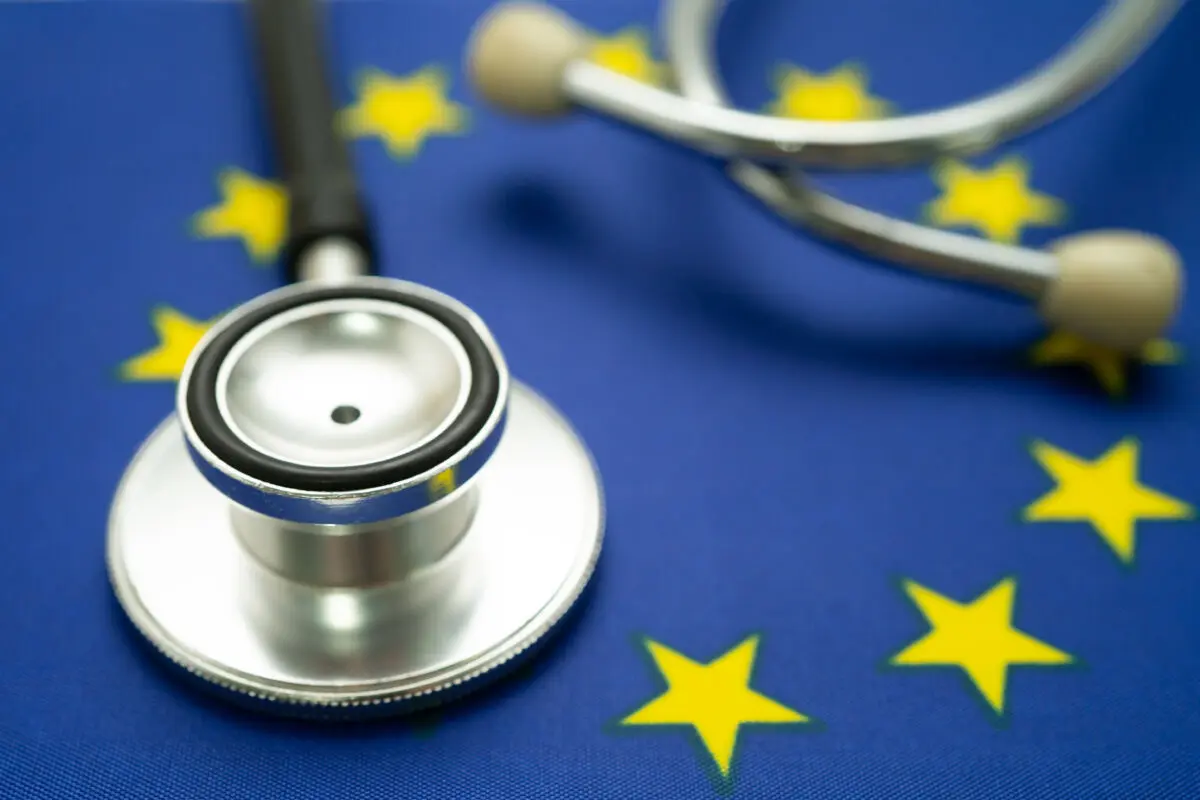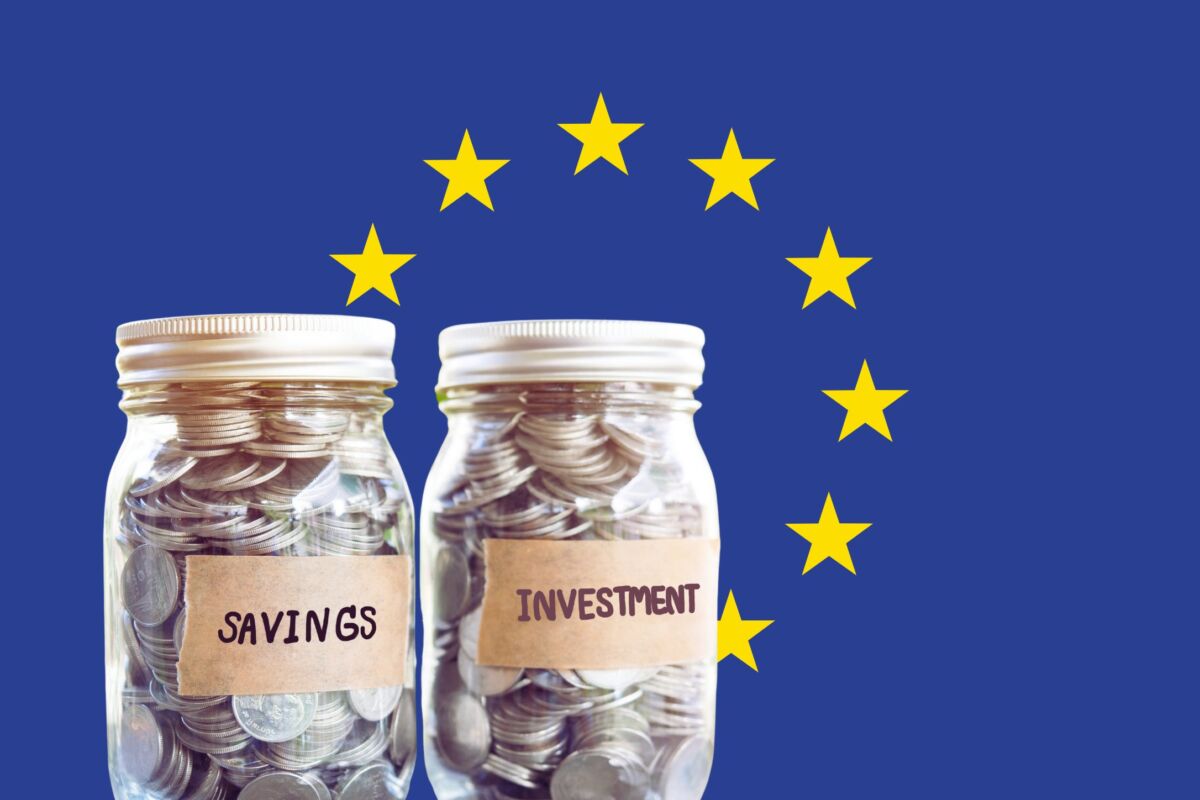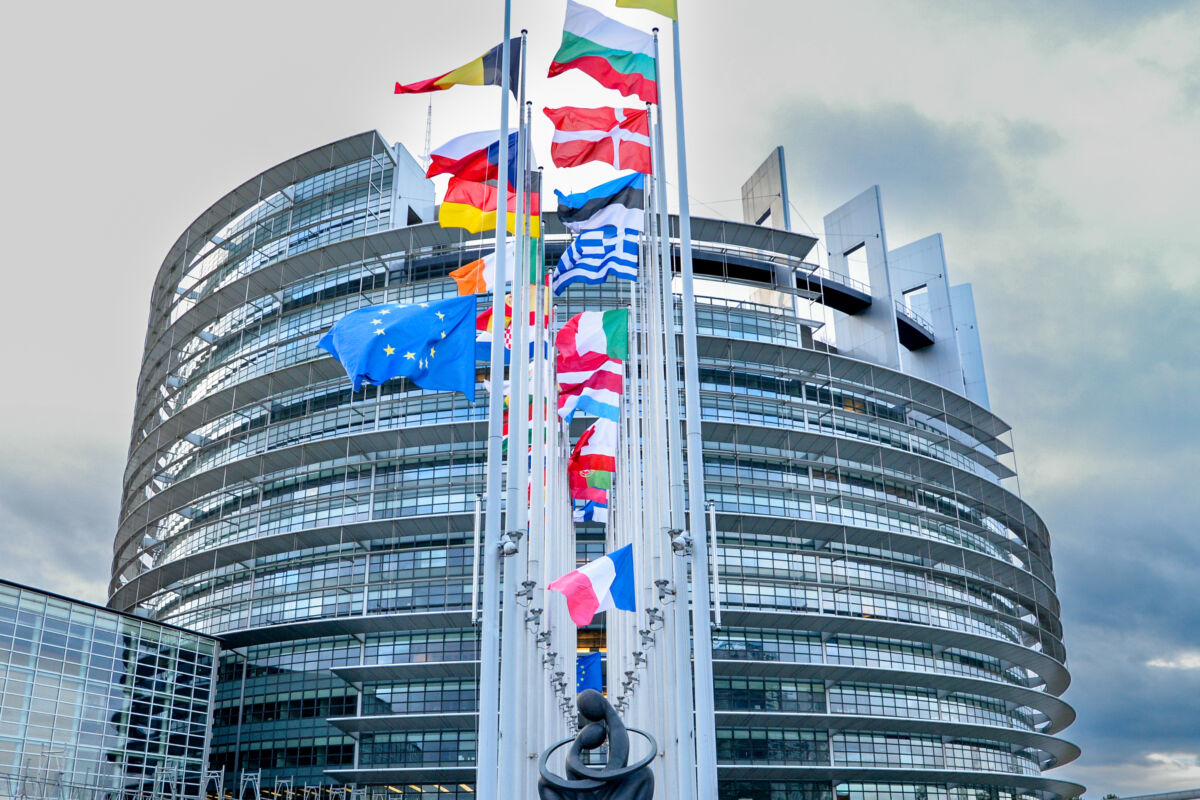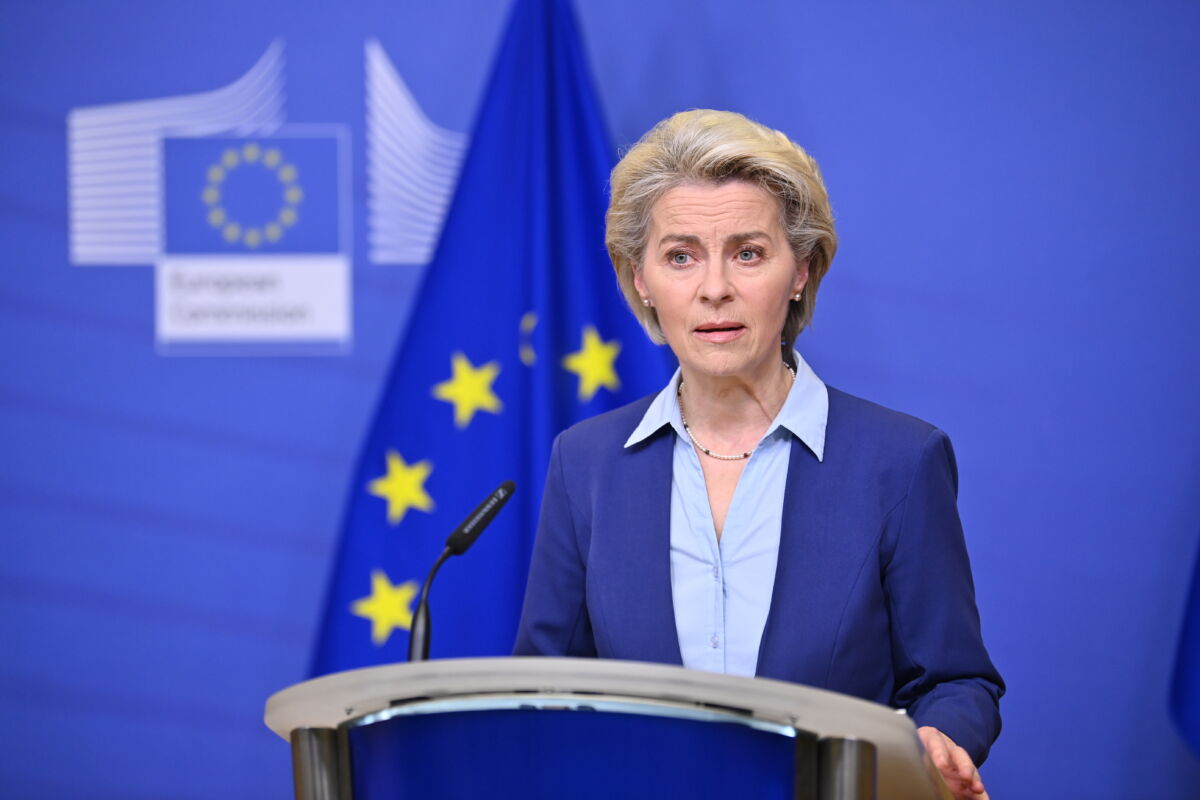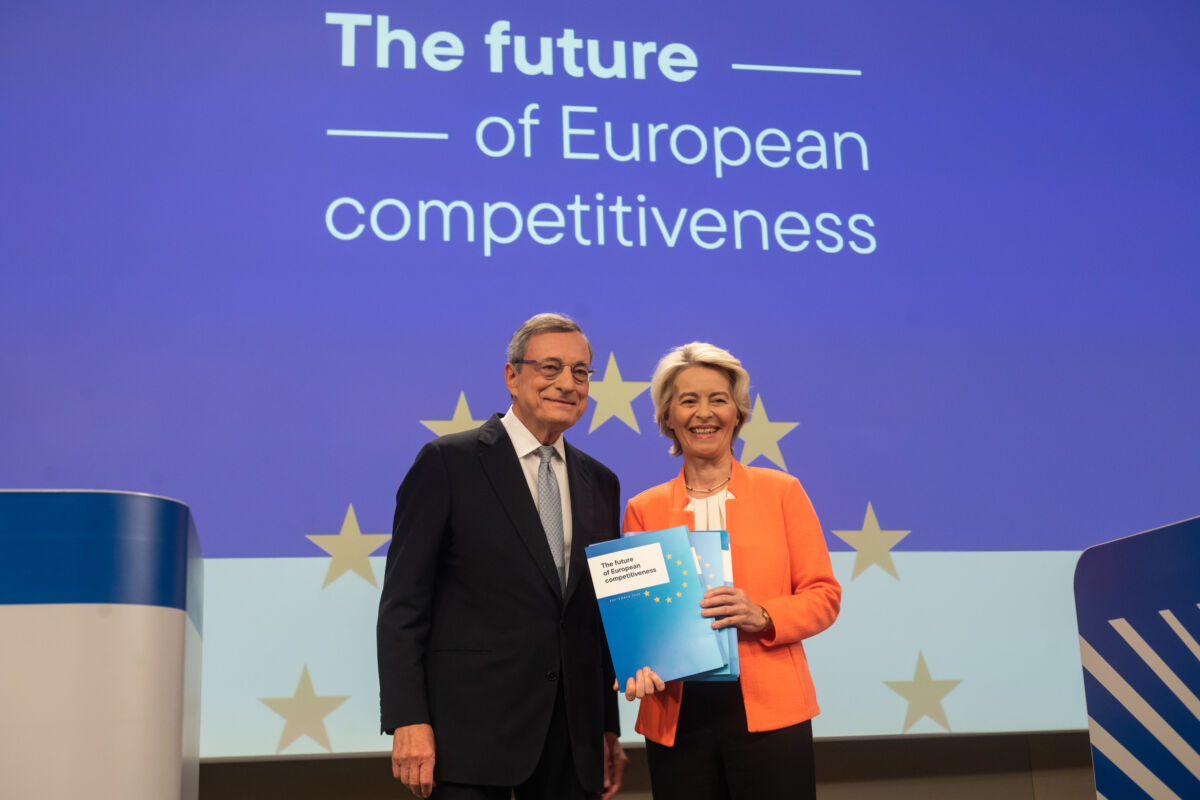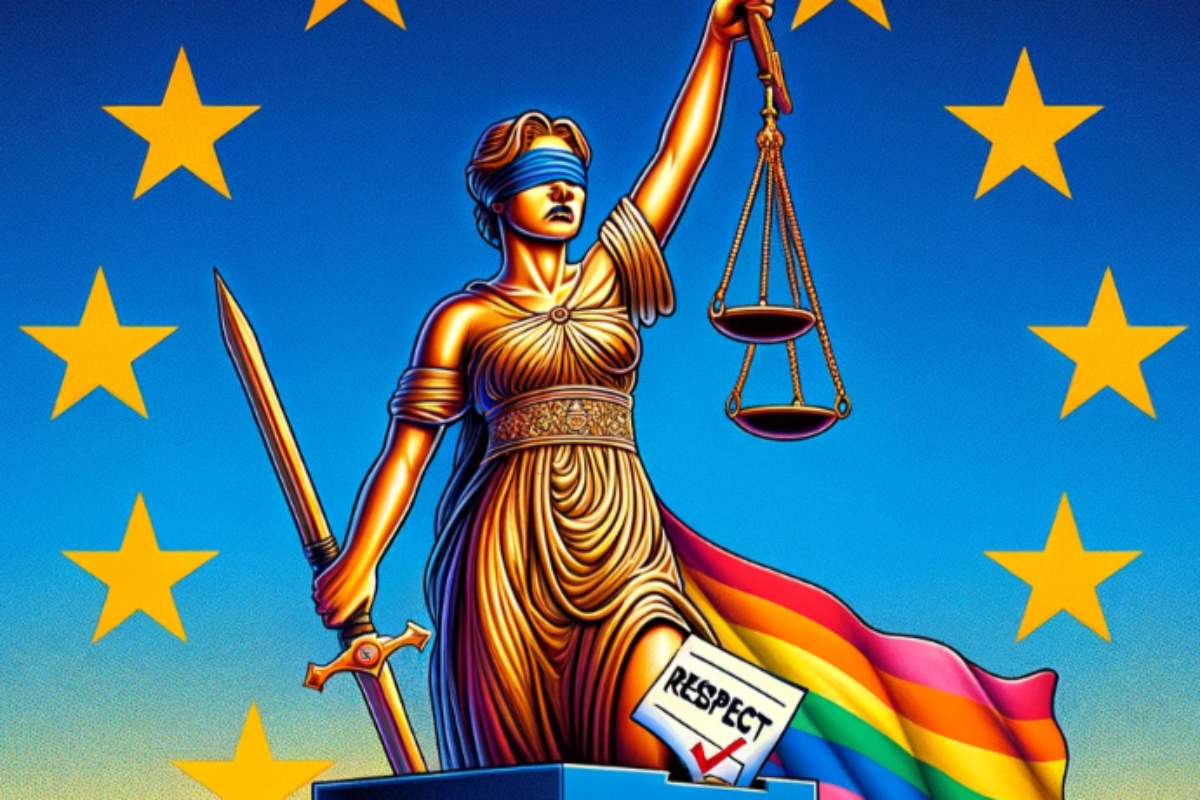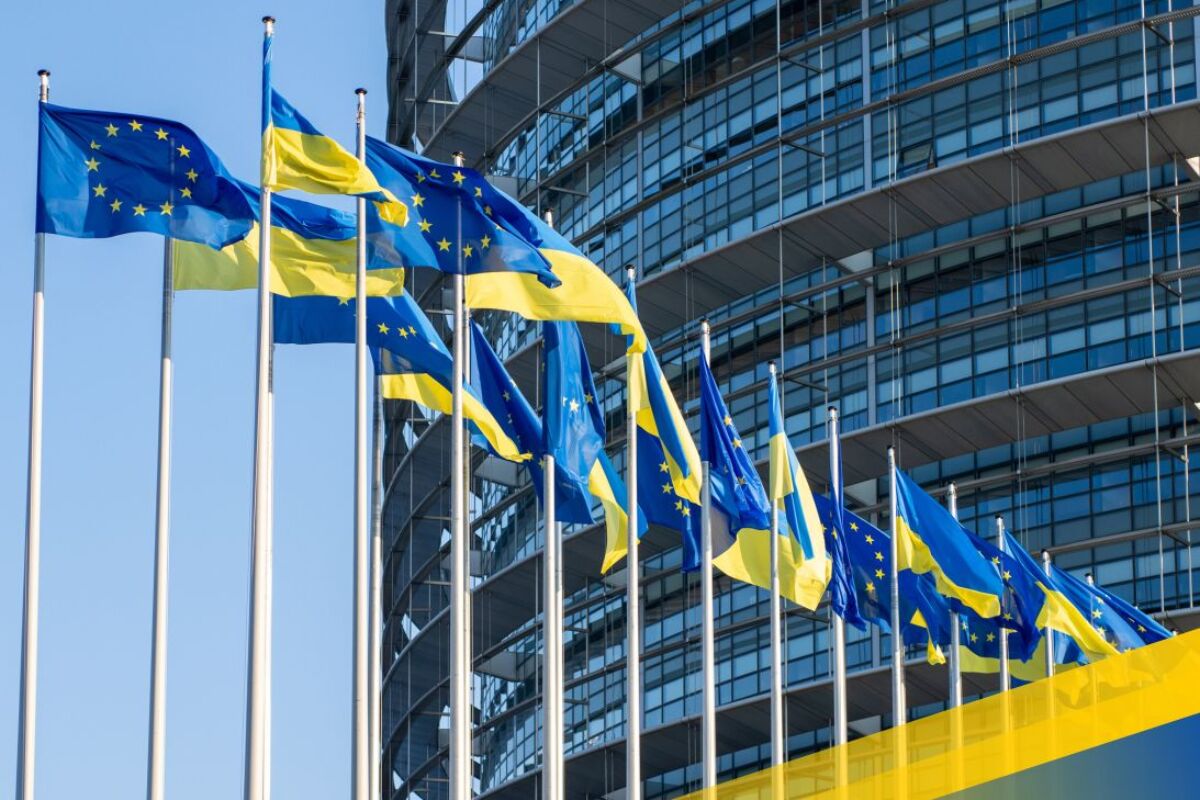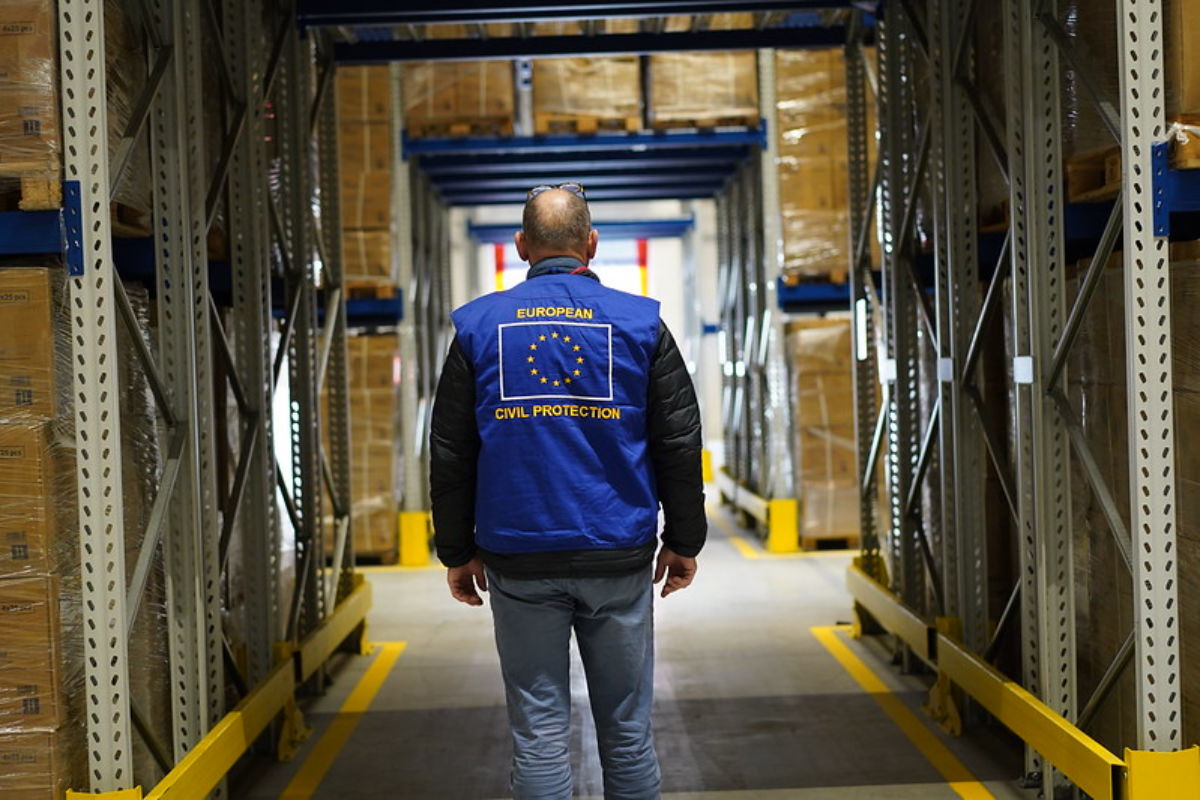More than other EU ‘Unions’, the proposed Health Union requires proper definition because the EU’s competences are limited in this domain. The Covid-19 crisis has highlighted the hazardous inefficiency of piecemeal national responses, and the fact that individual member states cannot tackle the challenges of cross-border health threats alone.
Creating more union in public health policy will be an uphill struggle, however. Sensitivities about health privacy and the General Data Protection Regulation (GDPR) are a major barrier, even at the national level. A ‘taxonomy’ is therefore needed to gather comparable EU-wide data on information held in national systems.
For the pharmaceutical sector, the vaccine debate has shown that the lack of a single capital market and delays to a truly single patent law or a single EU legal framework are major stumbling blocks, even if the industry is core to Europe’s economy.
Upgrading the EMA and ECDC, and creating a new agency
The European Commission is advancing rapidly in the public health space, but a proper analysis of the room for manoeuvre and parameters, for example within the treaties, has not yet been carried out. It is proposing to upgrade the core agencies, the European Medicines Agency (EMA) and the European Centre for Disease Prevention and Control (ECDC), and to create a new one: the European Health Emergency Preparedness and Response Authority (HERA). It has increased the amount of funds available for health research in the Multiannual Financial Framework (2021-17) under different budget lines and is starting to adopt a harder stance towards the pharma industry in meeting public demands. But the policy expertise is at member state or local level, and data for good policymaking at all levels is missing. The GDPR hampers the collection and sharing of European citizens’ health data; healthcare systems’ data are not standardised, and aggregate data on R&D at the public and private levels are not available, either at the national or European level.
Strictly speaking, the EU only has a supplementary and coordinating competence in public health policy because this is a core member state or region responsibility. With the EMA, the European Commission has shaped the single market with a common commercial framework for healthcare products, covering intellectual property, R&D and open markets. The EU can intervene in emergency situations to combat major cross-border health threats (on the basis of Article 168(5) TFEU) and stimulate cross-border cooperation. Yet the Commission did not make joint advance purchases of Covid-19 vaccines on this basis; rather it relied on an emergency support mechanism designed for humanitarian assistance in the event of natural disasters (Art. 122).
Advancing further without treaty change or an open debate about competences, as the Commission is doing implicitly, has raised a raft of problems that demonstrate the importance of a more carefully planned expansion in the area of public health. The Commission is creating expectations that are difficult to fulfil given the limited expertise, data, means and capacity in this domain. It cannot realise a Health Union without a proper democratic process and the express political support of member states. A more open debate is therefore required, without hasty moves that may backfire or bring the Union’s legal or structural limitations to the fore.
The Commission is using the urgency of the health crisis as an argument to advance amendments to the EMA and ECDC regulations (as stated, without carrying out an in-depth impact assessment), and to create HERA. Both the EMA and ECDC will receive additional tasks and responsibilities under the draft regulations which, in the case of the ECDC, should have started with a proper fact-finding inquiry into why the agency was entirely behind the curve of the pandemic in early 2020. This could reveal problems of competence and related issues of inadequate data. This same question could be raised for HERA: as it is very difficult to gather data, and member states are unwilling to share competences in healthcare, should a thorough assessment not be required before creating a new agency? An in-depth debate on these matters can avoid future problems (and one that goes beyond the online consultation that runs until May 12th).
The recent Commission proposal for Digital Green Certificates, which would facilitate the free movement of vaccinated or otherwise protected (i.e. recovered) persons by creating an interoperable framework for vaccine certificates, also raises a number of sensitive questions about the collection, processing and retention of digital health data. It is essential to ensure the sufficient protection of citizens’ personal data on their vaccination status or previous Covid-19 infections, as the Secretary General of the Council of Europe, Marija Pejčinović Burić, also reminded its 47 member states in a recent statement. According to the proposal, this data would be stored on the certificates and would be accessible to national authorities across the Union. During the negotiations, the Council proposed to include further details related to the collection of personal data, such as the possibility of it being processed for purposes other than exercising free movement rights.
A pharma sector policy
Similar concerns arise around the EU’s pharma sector strategy, for which much more data of a macro and micro nature is needed. The European Commission wants to have more say over big pharma but is confronted with an industry about which it lacks information and understanding. Given the critical importance of pharma and its participation in publicly funded research, consolidated information on the strengths and weaknesses of the industry, its structure and orientation, should be publicly available. The EU should have an aggregate view of all the forms of R&D support for the sector, at the national, European and international levels. This would allow for better targeted public spending in this domain. Today, it is unevenly spread over many different programmes or is not coordinated. Nobody has the aggregate picture.
The competitiveness of the pharma sector in Europe is conditioned by other factors that have languished on the EU’s agenda. Indeed, the Covid-19 crisis has highlighted the urgent need to increase the resilience of pharmaceutical and healthcare supply chains and to achieve some strategic autonomy in the sector. Europe still has no single patent law or single capital market – two factors crucially important for pharma and biotech companies, and lags far behind the US in its number of patents, while China is catching up rapidly. The problem is the lack of a unitary patent, or the presence of a hybrid model in which national and Union law coexist. A Unified Patent Court is only starting to function. This increases the costs for biotech firms and reduces the solidity of research frameworks.
On the capital markets side, the lack of a single market sends all successful biotech companies to the US, to the extent that 98% of follow-up offerings by European biotechs have been on US rather than European exchanges. The broader problem is again the lack of a truly single legal framework with strong enforcement. The lack of a unitary patent system also prevents a quick decision over an EU-wide waiver of intellectual property rights for Covid-19 vaccines, as is being discussed now.
Where Europe has been successful is in its Public Private Partnerships to stimulate R&D in pharma, but the amounts involved are one-tenth of what is spent by the US Biomedical Advanced Research and Development Authority (BARDA), and there is insufficient follow-up and coordination between the European R&D programmes and with the national ones. Increasing research and innovation capacity in Europe’s pharmaceutical sector, combined with a more robust production capacity, would not only make the industry more competitive globally, it would also strengthen the EU’s capacity to manage future pandemics and health threats.
For a Health Union to work, therefore, a candid and ambitious debate is needed on what the EU wants, how the competences will be shared with member states, and how it will improve on all the deficiencies revealed during this crisis. More data is needed to formulate a better view on where the EU stands in public health policy and in health research. And there is the sensitive issue of personal health data. A long-term agenda needs to be set, without hasty decisions or a proper debate in the meantime, which is an issue that could be raised at the Future of Europe conference.
This op-ed distils the main conclusions and policy recommendations reached by the Healthcare and Pharmaceuticals Working Group of the CEPS Industrial Policy Task Force.



